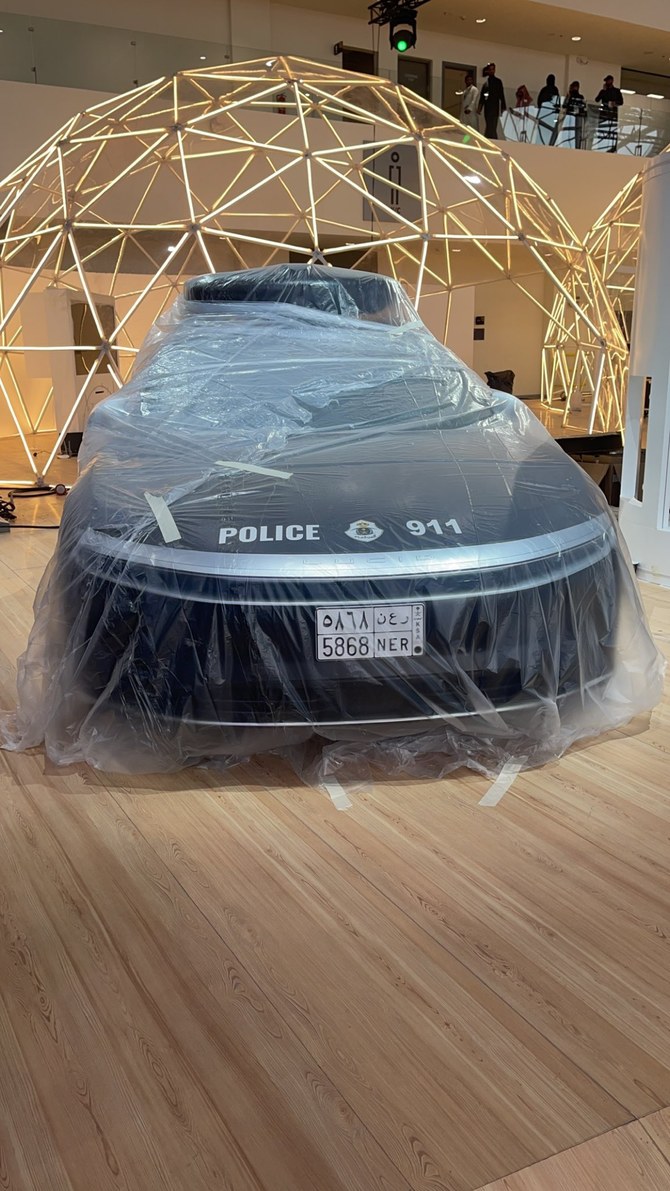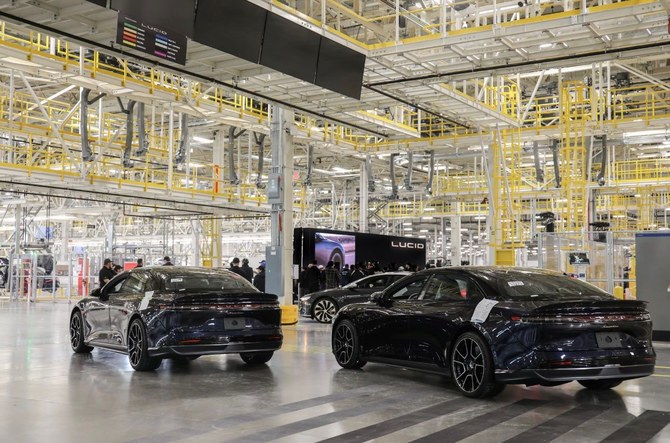RIYADH: The non-oil private sectors of the UAE, Kuwait, and Qatar continued their expansion in April, supported by strong demand, improving output, and stable employment conditions, according to the latest Purchasing Managers’ Index surveys released by S&P Global.
In the UAE, the headline PMI held steady at 54 for a second consecutive month, reflecting continued momentum in the country’s non-oil economy. While output growth eased to a seven-month low, firms ramped up hiring at the fastest rate in nearly a year to manage capacity pressures. New orders surged, underpinned by the strongest international demand in five months.
This robust performance aligns with a wider regional trend of economic diversification, as Gulf nations—including Saudi Arabia—work to reduce their long-standing reliance on oil revenues.
“The April PMI results signaled a notable uptick in hiring activity across the non-oil private sector,” said David Owen, senior economist at S&P Global Market Intelligence.
“After several months of mild increases in payroll numbers, despite robust sales growth, job creation rose to its highest level in 11 months.”
Owen noted that the hiring push was largely aimed at easing backlogs, which, while still rising, did so at the slowest pace in six months. “That said, employment growth was still modest overall, adding to suggestions that some firms may be struggling to recruit,” he added.
Any PMI reading above 50 indicates expansion in the non-oil private sector, while a figure below 50 denotes contraction.
Business confidence in the UAE climbed to its highest level so far in 2025, as firms cited strong demand pipelines and positive expectations. Input purchases rose again in April, though at a slower pace than March, which had marked a 68-month high.
“Firms are hopeful that elevated demand levels and strong pipelines, as characterized by steeply rising backlogs, should propel activity higher in the coming months,” Owen said.
Despite increased purchasing and faster supplier delivery times, stock levels remained largely unchanged for the second consecutive month. Business optimism also rose for the third straight month in April.
In Dubai, operating conditions in the non-oil private sector improved at a slower pace due to weaker growth in new business inflows. Nonetheless, order books continued to expand sharply, driving strong overall business activity. Employment rebounded in April after a brief dip in March, as companies aimed to boost capacity. However, firms in Dubai expressed subdued confidence about future activity, with sentiment among the lowest on record.
Kuwait sees strongest output
Kuwait's non-oil private sector saw significant gains in April, with the country’s PMI rising to 54.2 from 52.3 in March—marking one of the sharpest expansions on record since the survey began in 2018.
“It was a bumper start to the second quarter of 2025 for non-oil companies in Kuwait, with a further influx of new orders leading companies to expand output at one of the sharpest rates since the survey began,” said Andrew Harker, economics director at S&P Global Market Intelligence.
The expansion was driven by robust new order growth, supported by competitive pricing and strategic marketing efforts. However, firms faced rising input costs that made it harder to maintain price stability.
While employment rose only marginally, the minimal hiring contributed to a further buildup in outstanding work.
“It remains to be seen, however, whether firms will be able to keep restricting selling prices in a scenario where input costs are rising sharply,” Harker noted. “The coming months will illustrate the extent to which companies are happy to see margins come under pressure in order to keep orders flowing in.”
Kuwaiti firms also reported a notable increase in export orders. Optimism about future output remained high, supported by competitive strategies, product development, and marketing.
Qatar growth slows slightly
Qatar’s non-oil sector saw a slight dip in overall momentum in April, with its PMI falling to 50.7 from 52 in March. Despite the decline, the index stayed above the neutral 50 mark for the 16th consecutive month, reflecting continued—if slower—growth.
Output among Qatari non-energy firms rose for the first time in 2025, but the sector faced a drop in new business and a cooling labor market.
“The PMI indicated continuing growth of the non-energy private sector economy at the start of the second quarter, but there was a loss of momentum owing mainly to a renewed reduction in new business and slower employment growth,” said Trevor Balchin, economics director at S&P Global Market Intelligence.
“The latest figure of 50.7 was the lowest in three months and below the long-run trend level of 52.3, as weaker demand offset an increase in total output.”
Growth was led by the manufacturing, services, and wholesale and retail sectors, while construction activity remained weak despite signs of stabilization.
Job creation remained positive across sectors, although April saw the slowest employment growth since August 2024.
“The employment component remained elevated in April, indicating further strong jobs growth. That said, there was evidence that the recent labor market boom was easing, with the rate of job creation down at an eight-month low,” Balchin said.
Wage growth also slowed to a five-month low but remained among the strongest since the survey’s inception in 2017.
Looking ahead, Qatari businesses maintained optimism for the year ahead, citing growth in real estate, infrastructure development, tourism, and a rising expatriate population as key drivers.





















